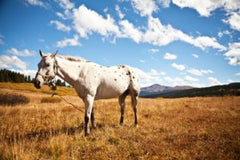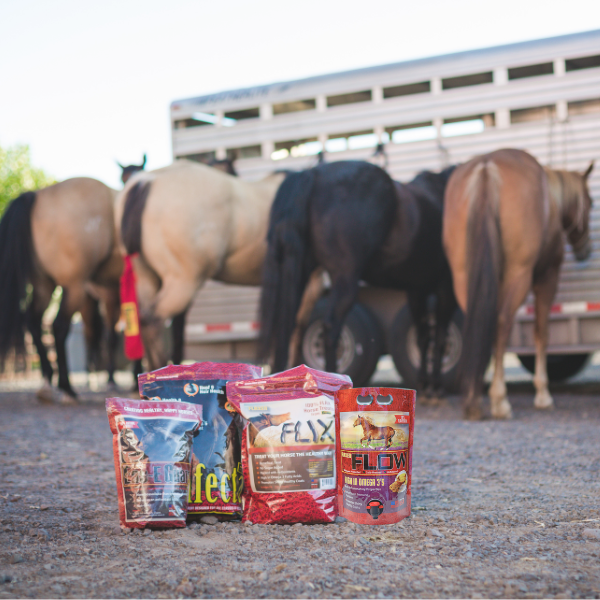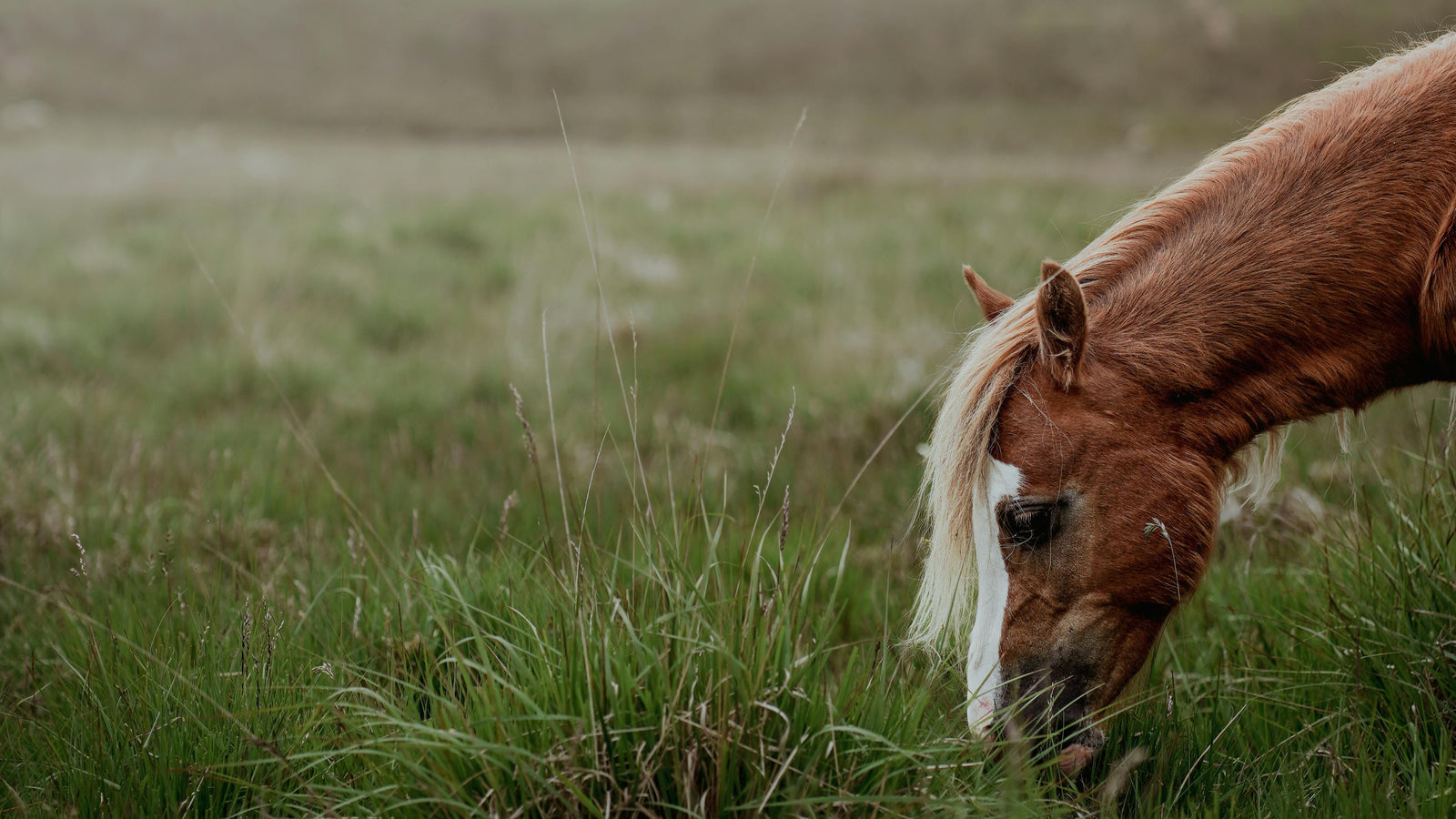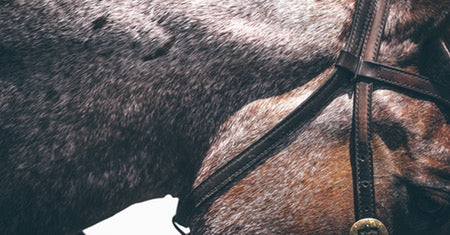It is every horse owner's nightmare to see their horse suffer. The neurologic form of equine herpesvirus is fatal to many horses. Trouble standing and dripping urine are just a few of the signs of EHM (equine herpesvirus myeloencephalopathy). If these symptoms are seen the prognosis is often very poor, and supportive therapy is all that can be provided. To help protect your horse from this disastrous disease, as well as other diseases, it is important to ensure they are as healthy as possible. A strong immune system is critical in protecting your horse. Herpes viruses have the special ability to stay dominant in the body waiting for the immune system to weaken. Once the immune system is weakened, the virus then causes illness and wreaks havoc on the body. Nutrition is a key player in your horse's immune function. A complete vitamin-mineral supplement will fulfill the nutritional gaps that aren't being met by their hay and grain. Here are a few nutrients that are tied directly to immunity.
Nutrients that Influence Immunity

Protein
The basis for a healthy diet for your horse is good quality forage. You need to feed your horse hay that contains at least 8% crude protein. Meeting this requirement allows your horse to produce antibodies and repair tissues. If your horse receives lower-quality hay with a crude protein percentage below 8%, you should supplement the diet with alfalfa pellets or extruded soybeans to provide them a source of high-quality protein.
Selenium
Horses receiving 3 mg of organic selenium have higher levels of Immunoglobulins, white blood cells, and antibodies than those horses that receive lower amounts of selenium. These components of the body are crucial in fighting off disease. Horses on 3 mg of organic selenium also have greater glutathione peroxidase activity, which is an enzyme the body that helps remove free radicals. Free radicals are produced from oxidative stress and if these free radicals aren't removed they cause more stress on the body.
Vitamin E
Vitamin E works synergistically with selenium in the body. Horses supplemented with vitamin E are better able to fight bacteria and produce higher levels of antibody immunoglobulin. It also neutralizes free radicals. However, too high of levels of vitamin E supplementation can inhibit the absorption of vitamin A.
Vitamin A
Vitamin A enhances the functionality of white blood cells in the body and helps maintain mucous membranes. In addition, it stimulates the production of cytokines, which serve as messenger cells in the immune system. Both functions help to fight off pathogens that are trying to attack the body.

Vitamin C
Horses possess the enzyme that is required to produce Vitamin C. However, they aren't always able to produce enough to meet the body's demands. Vitamin C helps neutralize free radicals that are harmful to the body. This crucial vitamin also stimulates the formation of antibodies.
Omega-3 and Omega-6 Fatty Acids
A proper Omega-3 fatty acid to Omega-6 fatty acid ratio is crucial for proper immune response. Typically, western diets are high in Omega-6 fatty acids. When a diet is fed that is too high in Omega-6 fatty acids there will be too much inflammation in the body. On the other hand, when fed a diet too high in Omega-3 fatty acids the inflammatory response is not enough to combat infections. However, very rarely are Omega-3 fatty acid concentrations higher than Omega-6 fatty acid concentration because Omega-3 are not as readily available in foods. Therefore, Omega-3 supplementation is recommended.






Leave a comment (all fields required)